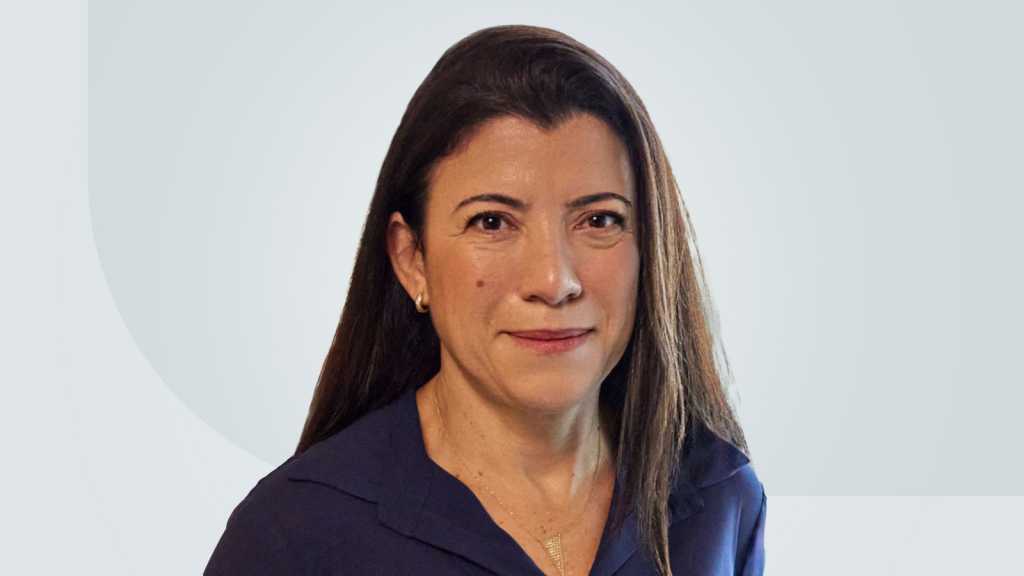Let’s say you move to a different department. You used to be in the architecture team and now you’re on the business-facing team. You’re on this new team and you think that you don’t know anything. And then you move countries, and you think, I don’t know anything about this country. And then you move from IT to operations, and you don’t know anything about operations.
You don’t need to learn everything. I got this advice when I joined Itaú. A very senior leader from the finance industry said to me, ‘Don’t think that you don’t know enough. You have your experience.’ When we get new challenges, there’s this pendulum — either people think they know it all, or they think they don’t know anything. Don’t be an over-learner. And remember what you know. You have to learn, but you’re going to make parallels, you’re going to find patterns, you’re going to reuse that.
I’ve been practicing that, trying to at least, now joining a new industry, joining in a new type of role, in a new country for me, in a sense — I’ve been away for 20 years. Not everything is different or has changed. I had this great advice a few months in when there was this feeling that I don’t know anything. Like, what do you mean, right? So I love this expression. Don’t be an over-learner either. Life is about balance.
You also have a great philosophy around multitasking: ‘I can multitask in a day, but not in a minute.’
That means when I’m doing something, I’m focused on that. If I am with my kids, I’m not meeting, I’m not on my emails, I’m not on my phone. If you need to talk to me, don’t text me, don’t message me, give me a call. My phone is somewhere close to the door, volume on. I’ll pick it up.
I do believe in focus. That doesn’t mean I don’t multitask, because when I look back, an hour, a day, a week, a month, how many different things I get to work on — people think that I multitask when they see the outcome, and they say, ‘Oh, how do you multitask so much?’ I say, ‘I don’t multitask in a minute; I multitask in a day.’ I believe in focus in the moment. And this is valid for your professional life, personal life, for life.
Another expression you have that might surprise people is ‘I don’t love technology.’ But then you’ll continue the thought after a pause. Tell us about that one.
I say it a lot: ‘I don’t love technology.’ And then I stop and stay quiet. And then I say, ‘I love what we can do with technology.’ You have to say that over and over again, not just to your IT team, but sometimes to your executive team colleagues that read in the newspaper about this new technology that they heard the competition is using and we are not. Who cares? Of course we care. But it’s not about the technology. It’s about what you can do with that technology. And sometimes, you’re not going to use that technology. And that’s okay. Because that’s not what’s addressing the opportunity you are trying to capture or the gap you’re trying to close.
I usually take a long time between saying, ‘I don’t love technology,’ and saying, ‘I love what we can do with technology,’ because I want people to try to reflect and think about it. You can get in endless conversations and fall in love with technology and I don’t think that helps anyone.
For more lessons from Marina Bellini’s leadership playbook, tune in to the Tech Whisperers podcast.

